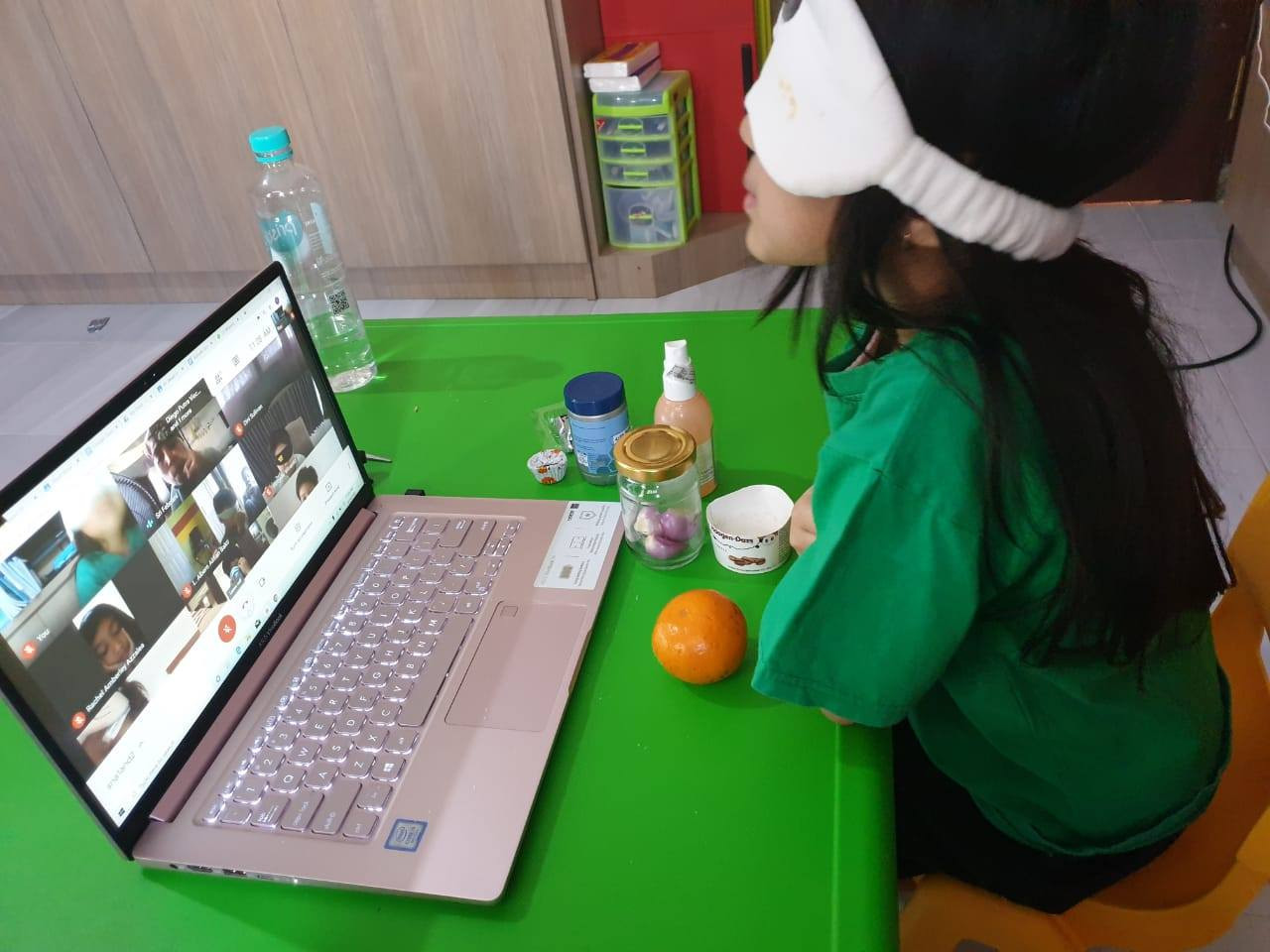Popular Reads
Top Results
Can't find what you're looking for?
View all search resultsPopular Reads
Top Results
Can't find what you're looking for?
View all search resultsReinforcing honor codes to combat distance misconduct
If potential plagiarism is suspected, educators must hold students accountable while encouraging them to learn and grow from their mistakes.
Change text size
Gift Premium Articles
to Anyone
A
t this time when distance learning has become the norm, academic integrity is a matter of great concern. With less student supervision in virtual classrooms, cases of academic misconduct are becoming more common.
Academic misconduct is a practice often encountered in Indonesia where data shows that 28 provinces have a rate above 20 percent, especially during national examinations. Due to the COVID-19 pandemic, the nation decided this year to cancel all examinations and introduce alternative approaches and validation of learning, by reducing the number of exams, modifying the test format and appraising students' learning portfolios without exam results.
In order to curb academic dishonesty, using an honor code is proven to be an effective tool in promoting ethical behavior. An honor code will help inspire students to prioritize personal integrity and also collaborate effectively with their peers. In support of this, various education technology solutions are evolving to identify and discourage academic impropriety.
In response to the pandemic, the Education and Culture Ministry has developed an Android-based application called Rumah Belajar (Home Study) to provide learning materials, digital classes, an online laboratory and a question bank for students of early childhood education, elementary and high schools.
The head of the ministry’s Research, Development and Book Agency, Totok Supriyanto, said that the pandemic has created barriers to learning. In a survey conducted in April 2020 by the Indonesian Child Protection Commission (KPAI), which involved 1,700 students and 602 teachers in 54 cities and regencies, 79 percent of student respondents reported that virtual classrooms reduced teacher-student interactions significantly.
This limited interaction between educators and students has made it more difficult to discern whether a student has intentionally violated academic integrity standards. Their intentions can be determined by asking them to explain the process for completing the work, and even using a short, targeted assessment to uncover a skills deficit. However, these approaches may prove time-consuming and even inconclusive for educators, who are not experienced in such investigation tactics.
New education technology tools are being developed to help teachers examine student work more objectively so that they can make informed decisions, address issues and take necessary action.
Honor codes help students understand the importance of integrity and authenticity throughout the writing process, and should be updated to reflect the current learning environment. They should support the work of educators and be reinforced through instruction.
For instance, at the beginning of the school year, educators can have students sign an honor statement that is then regularly referenced throughout the year. It is also crucial to educate students about academic integrity principles and build trust through regular feedback and one-on-one virtual catch-up sessions.
Educators should empower students by promoting a safe, interactive, and open environment that will encourage them to communicate the learning challenges they are experiencing.
If potential plagiarism is suspected, educators must hold students accountable while encouraging them to learn and grow from their mistakes. Educational tools, which support academic integrity by enabling feedback, assessing skill gaps and promoting fairness, empower teachers to be more productive and efficient.
These tools also help them check the quality of students' work and identify underlying learning challenges to work on with the student individually. Students can also use such tools to check their own work before submitting it, thus reinforcing a culture of academic integrity.
It is crucial for educators to uphold academic integrity among their students to prevent dishonest habits or misconduct, which in turn, will allow students to develop the critical thinking skills that are essential to their academic performance and future careers.
Educating students on the consequences of academic dishonesty and the importance of academic integrity can significantly reduce plagiarism cases. When they graduate from university, students bring this core value with them into their professional work and social lives, helping them be better citizens in the community.
Amidst changing times, students are coming up with newer forms of plagiarism and academic misconduct, making it even more important to uphold honor codes and policies. Educators should reinforce this principle through explicit instruction around academic integrity that is facilitated by technology, to provide formative student learning opportunities.
Educators have an important role to play in instilling academic integrity not only to prevent misconduct, but to help students develop into citizens with integrity.
***
The writer is head of business partnership Southeast Asia of Turnitin.









